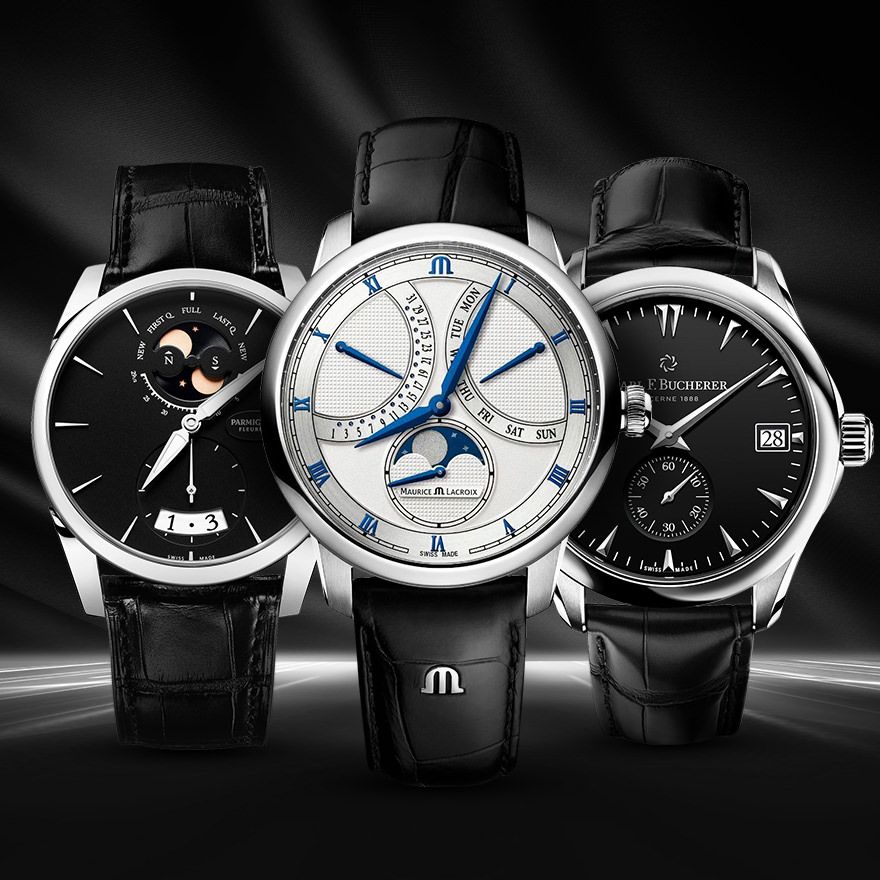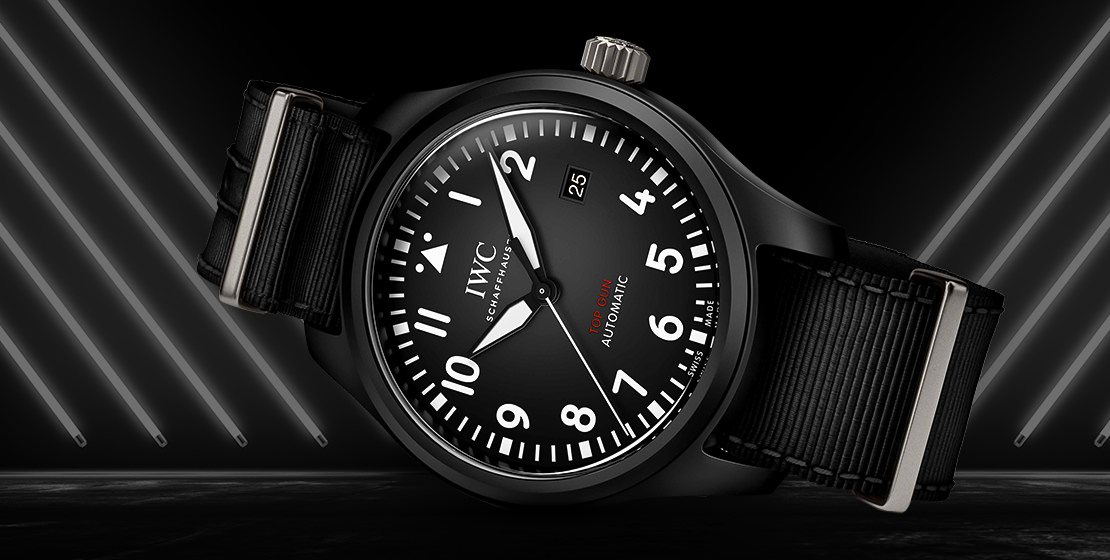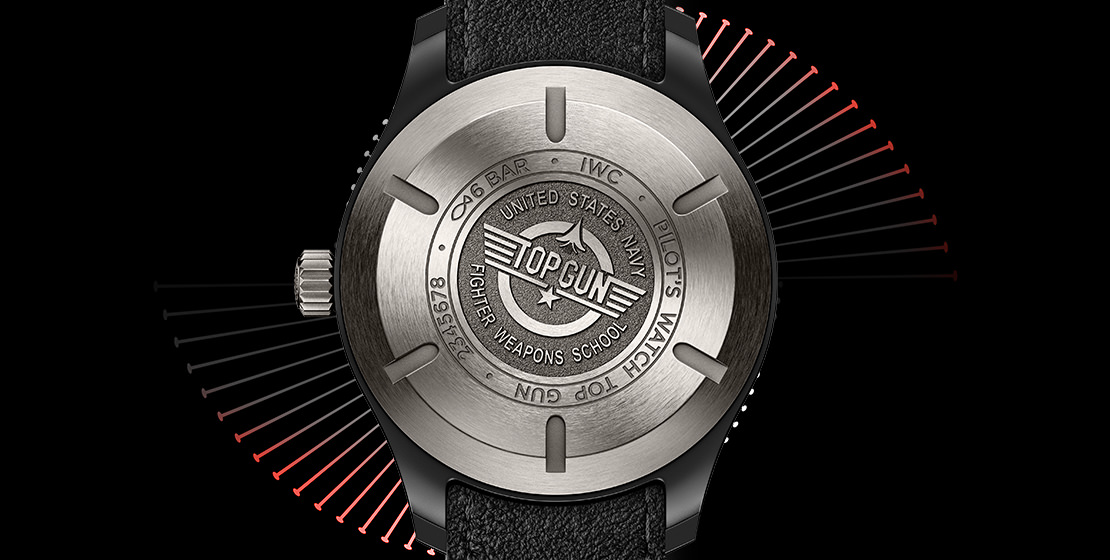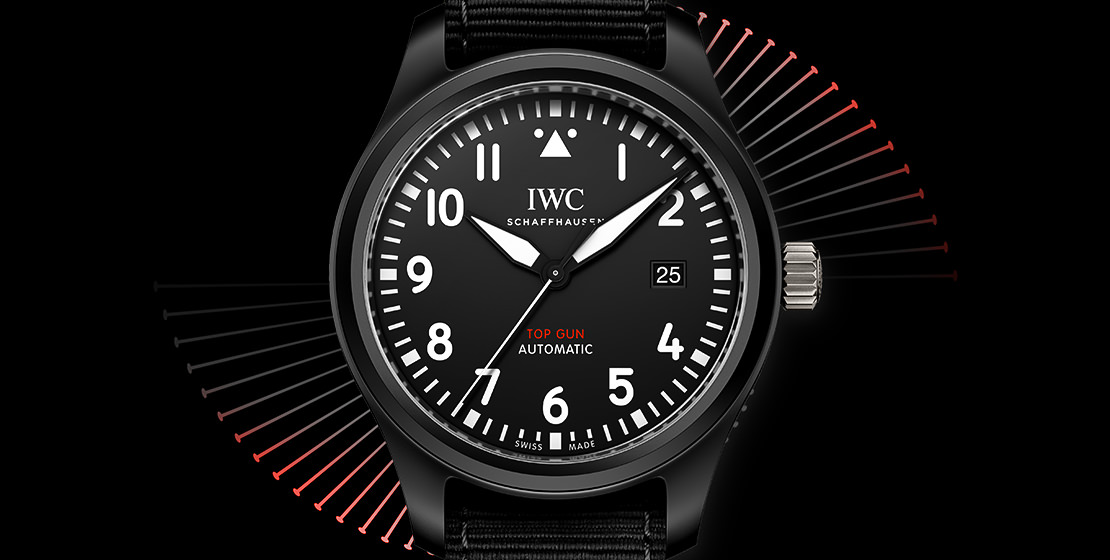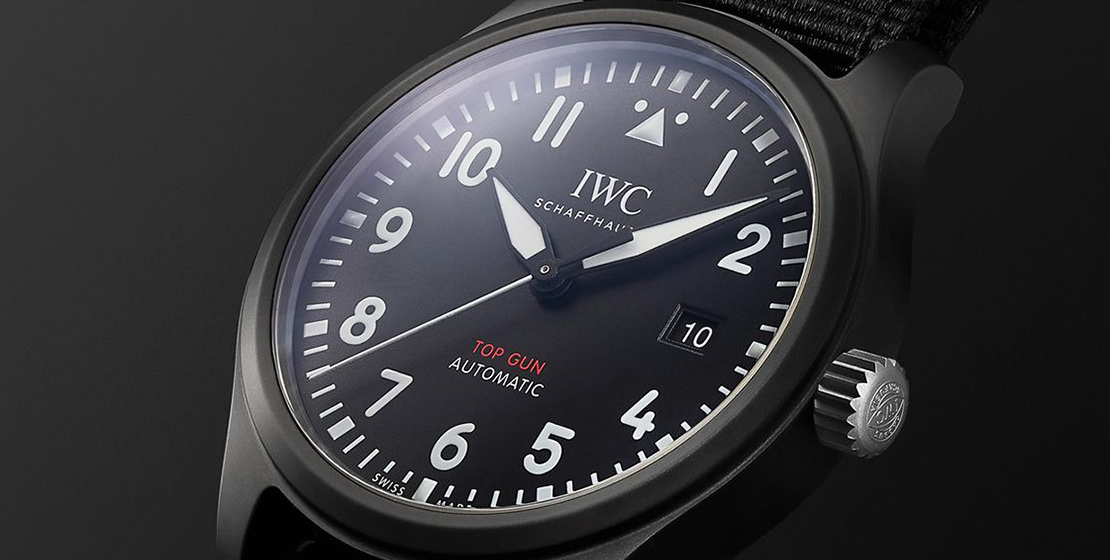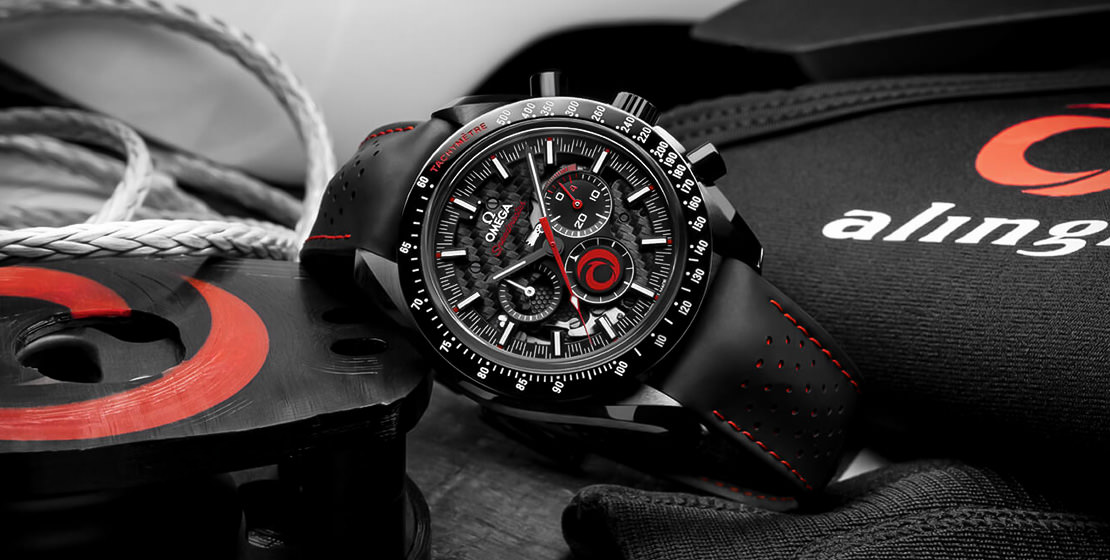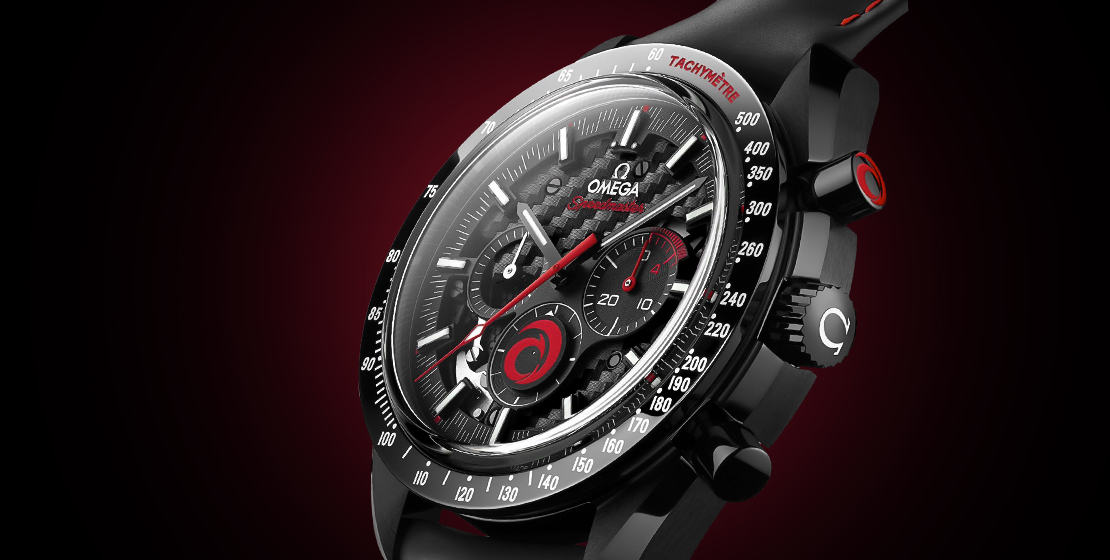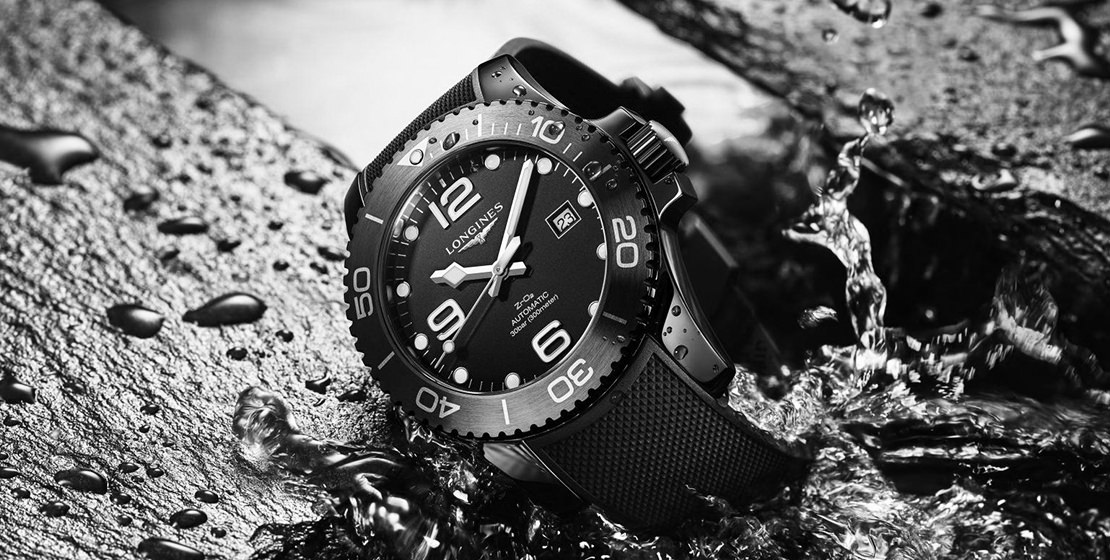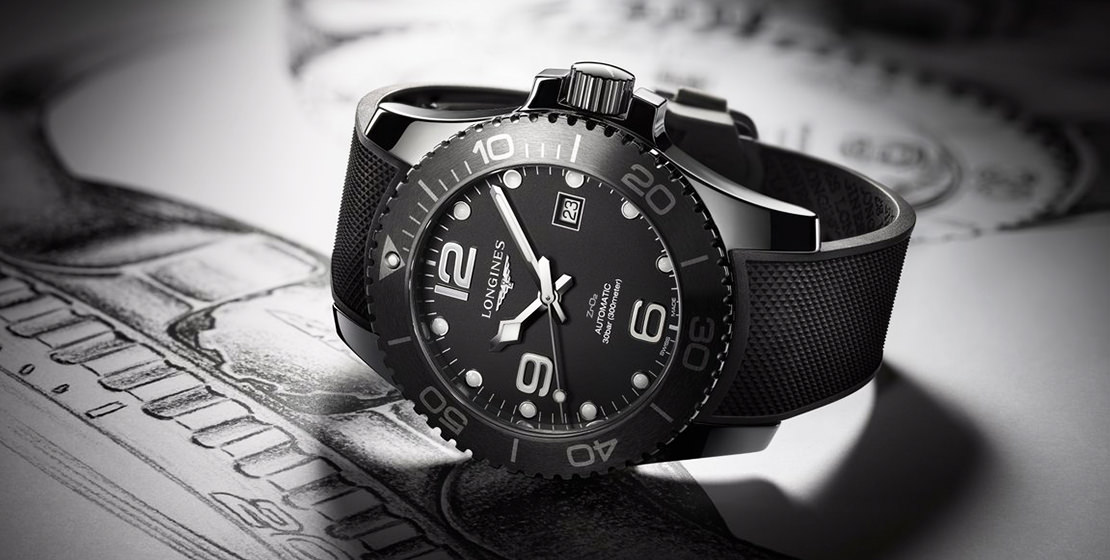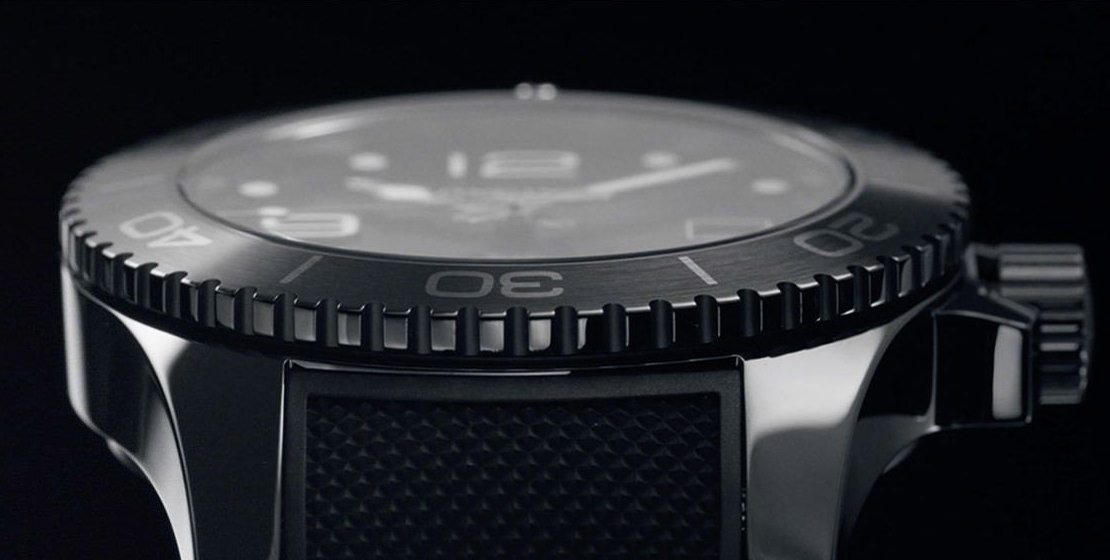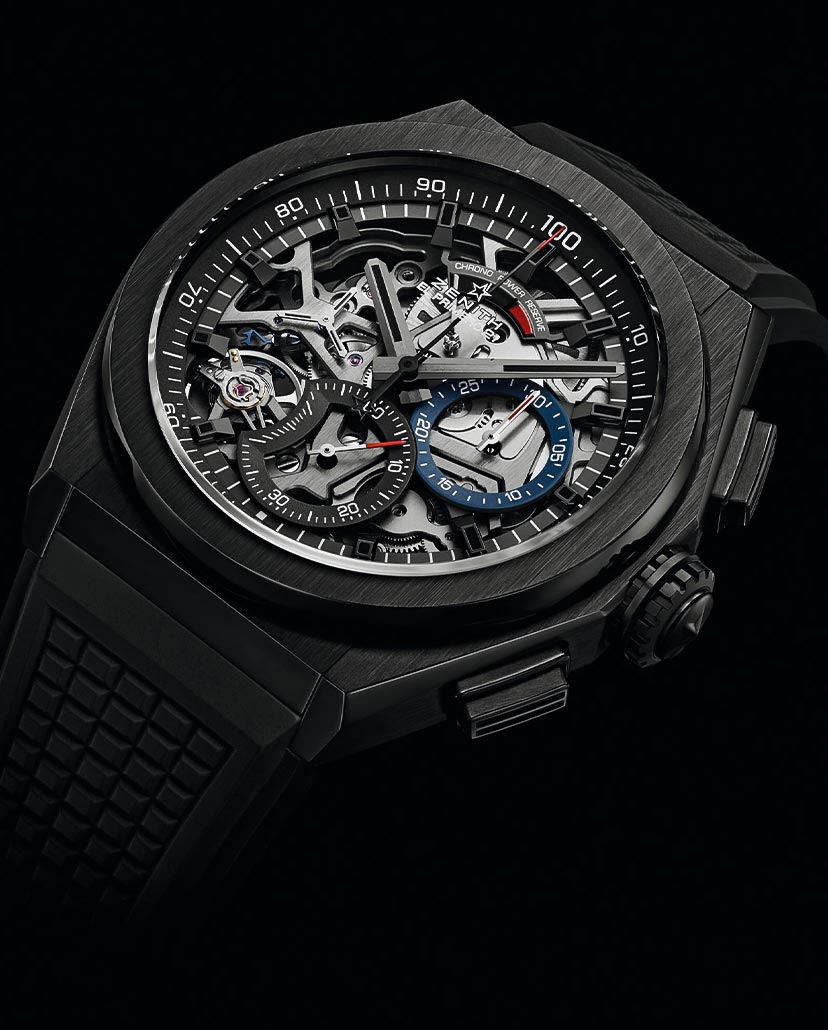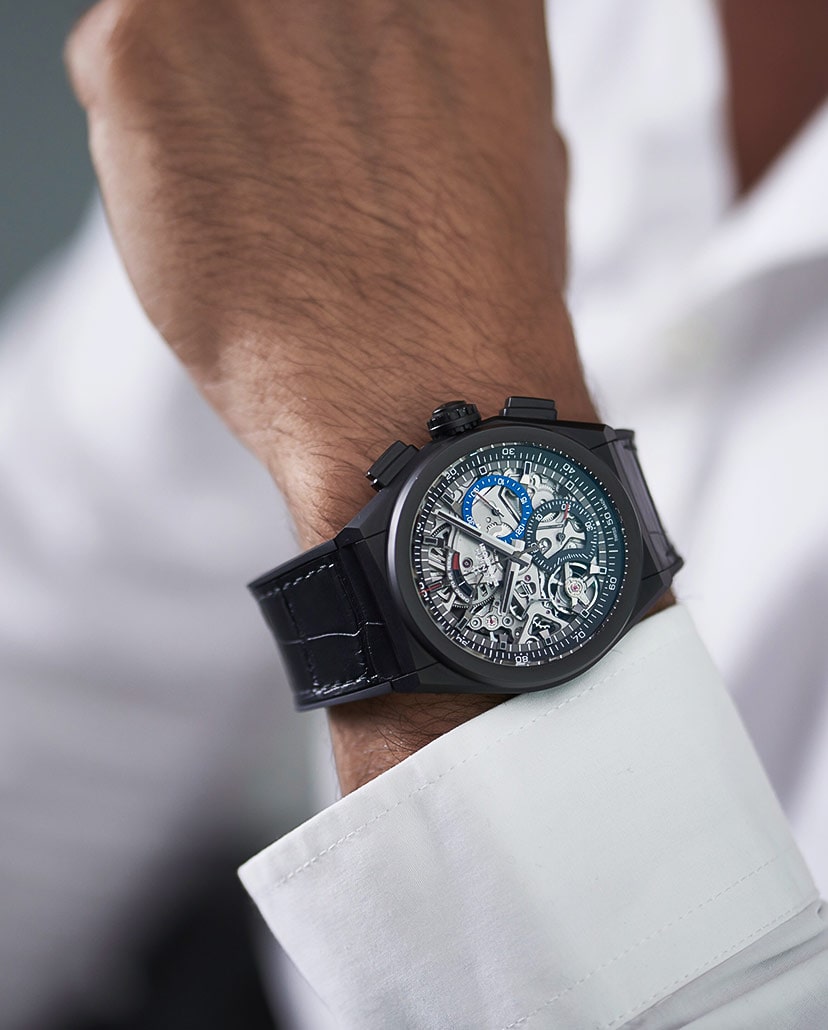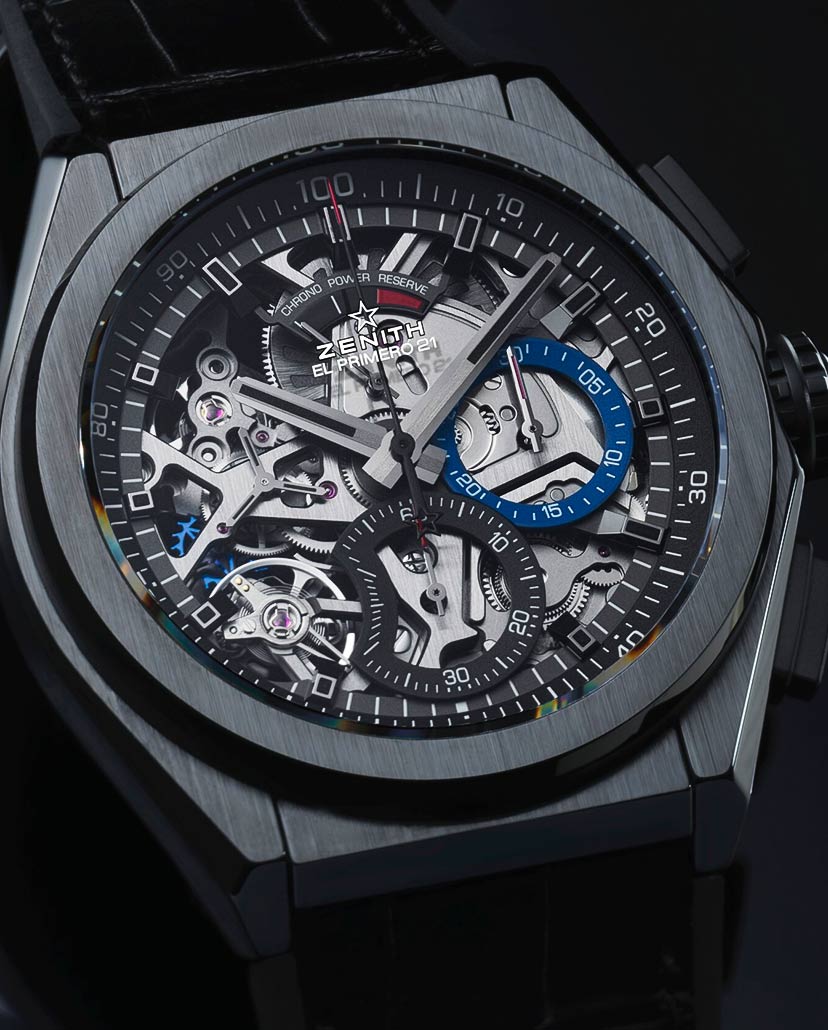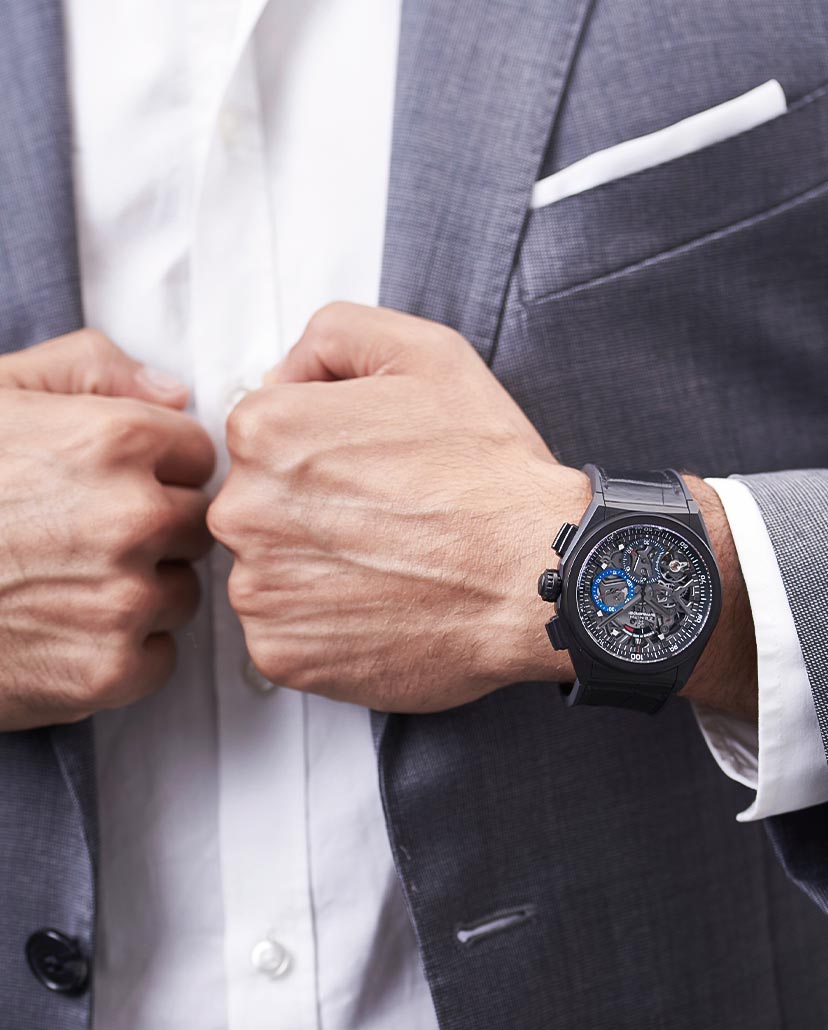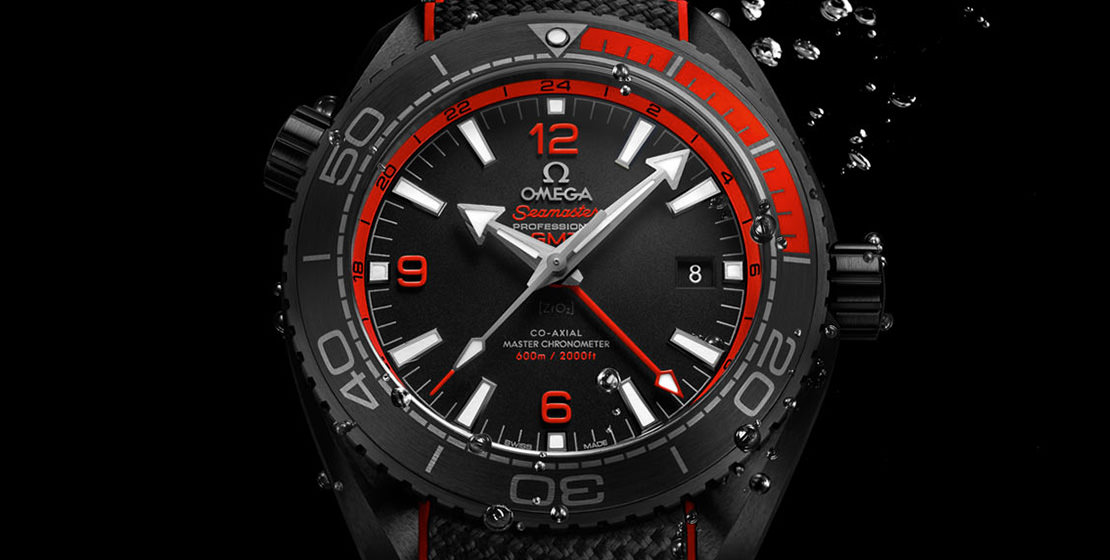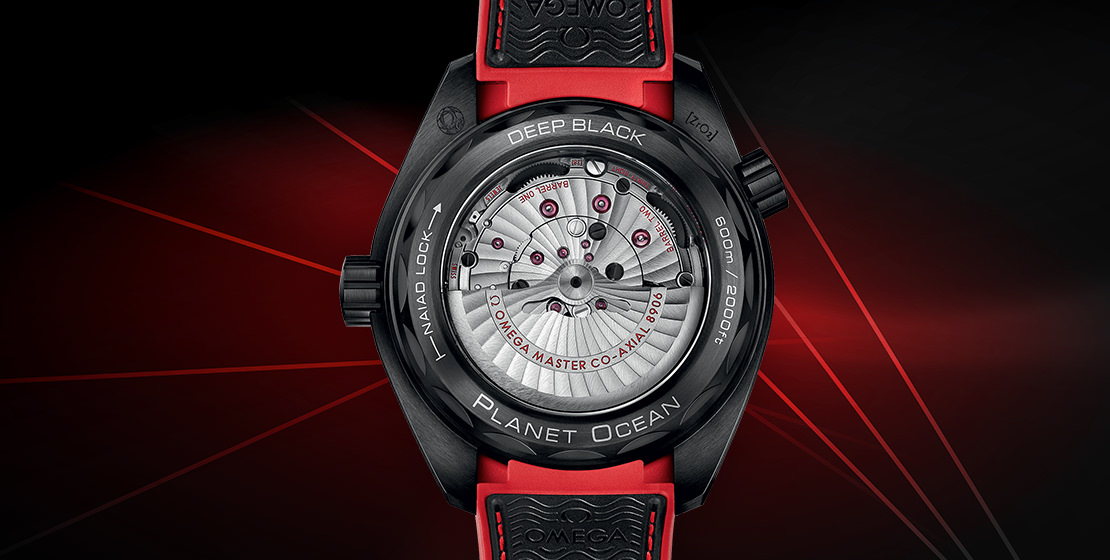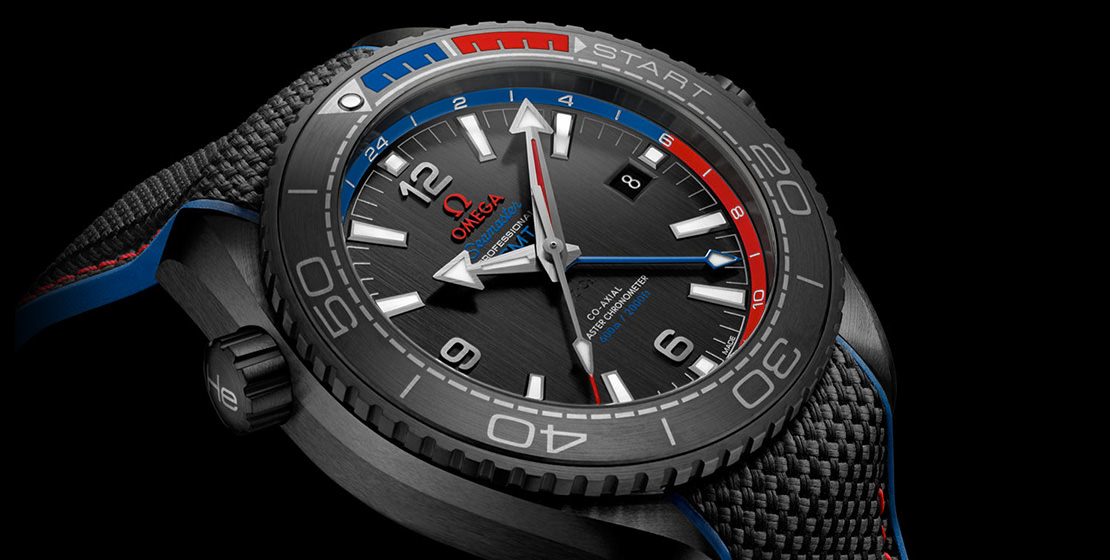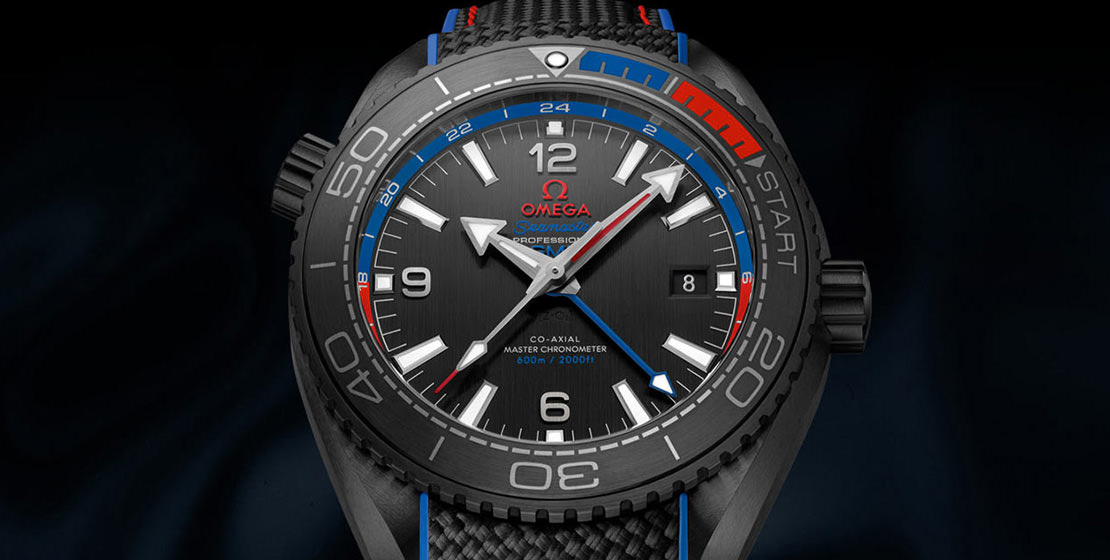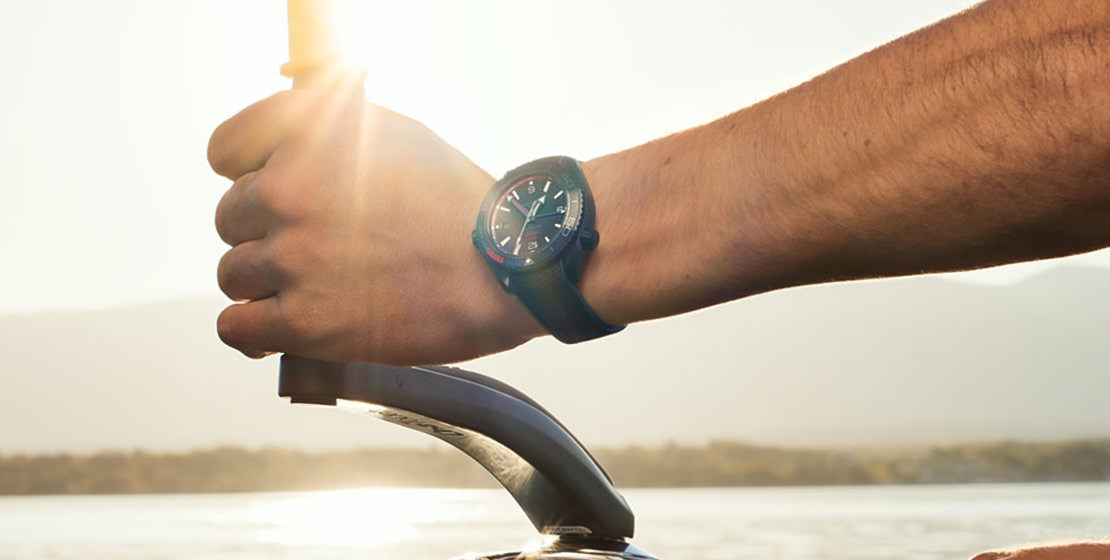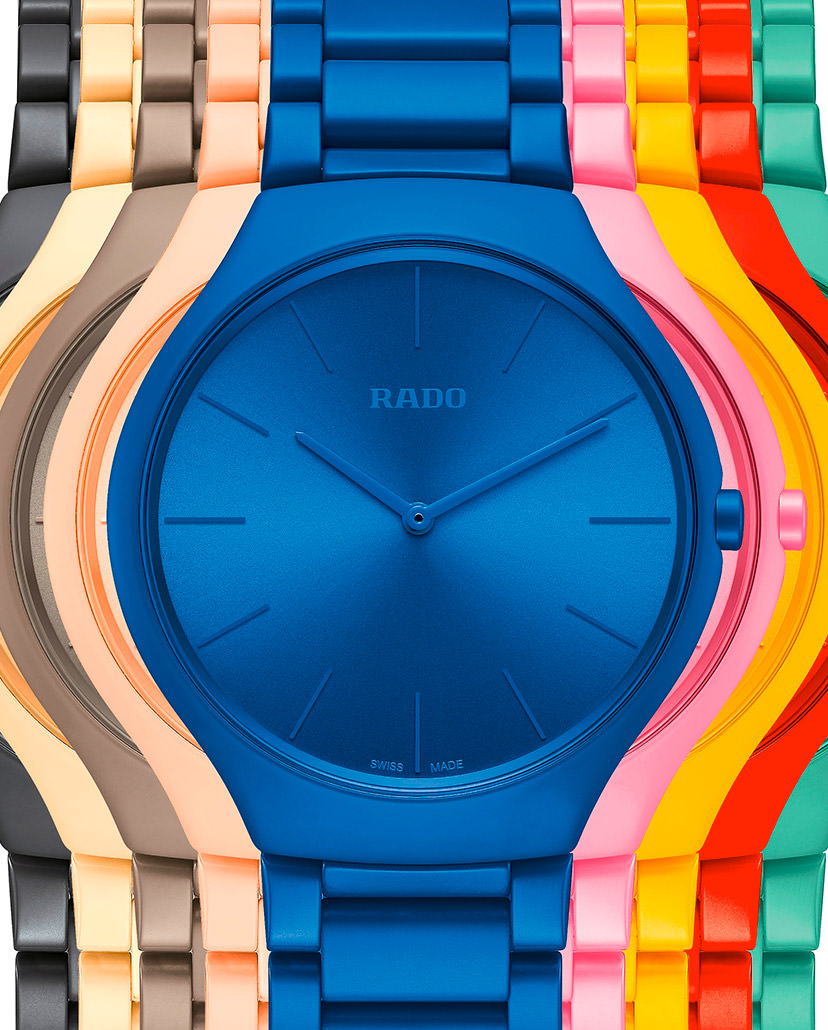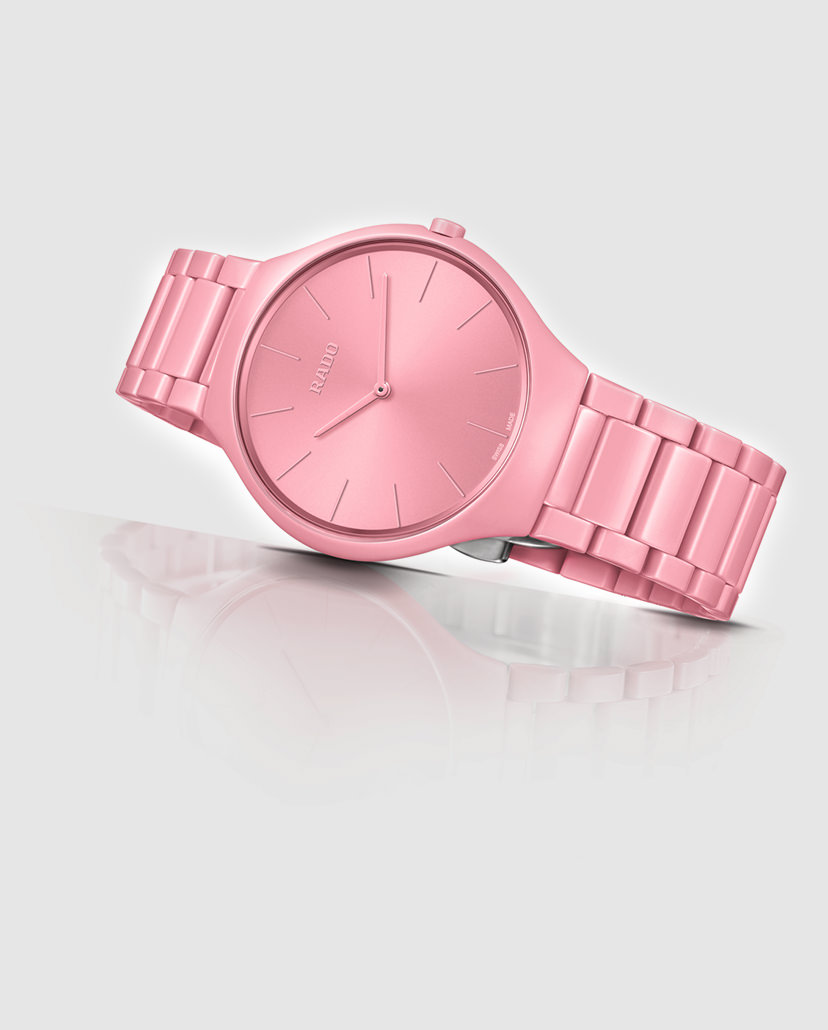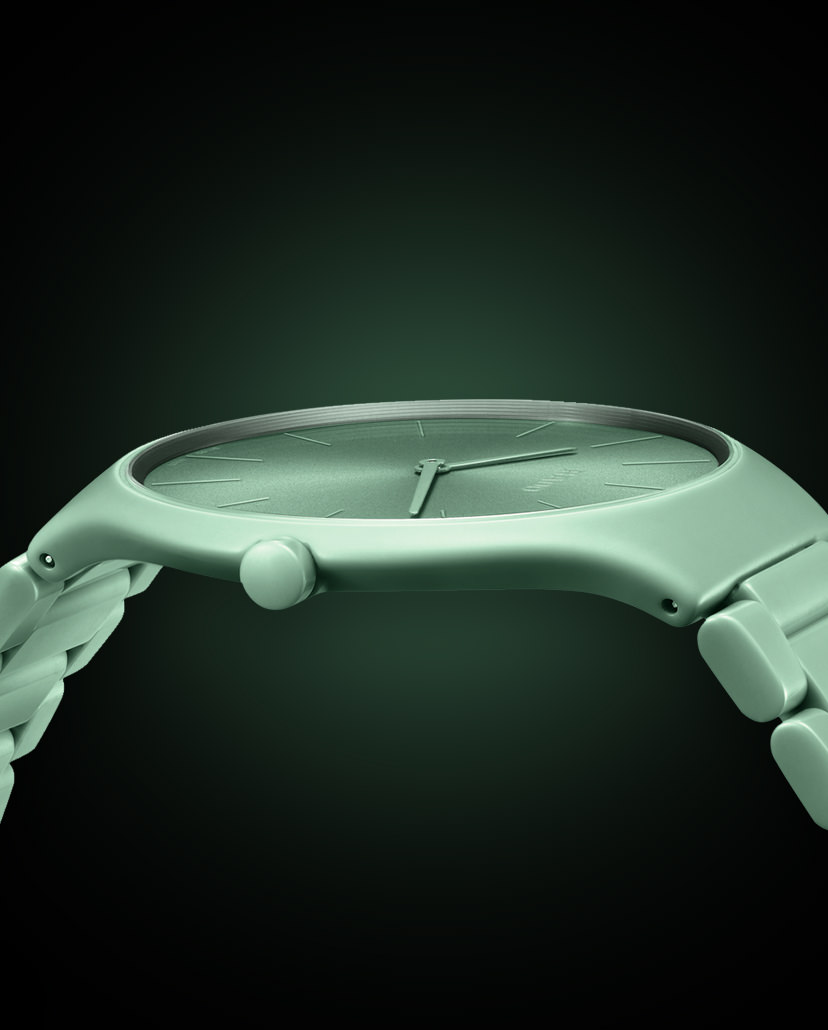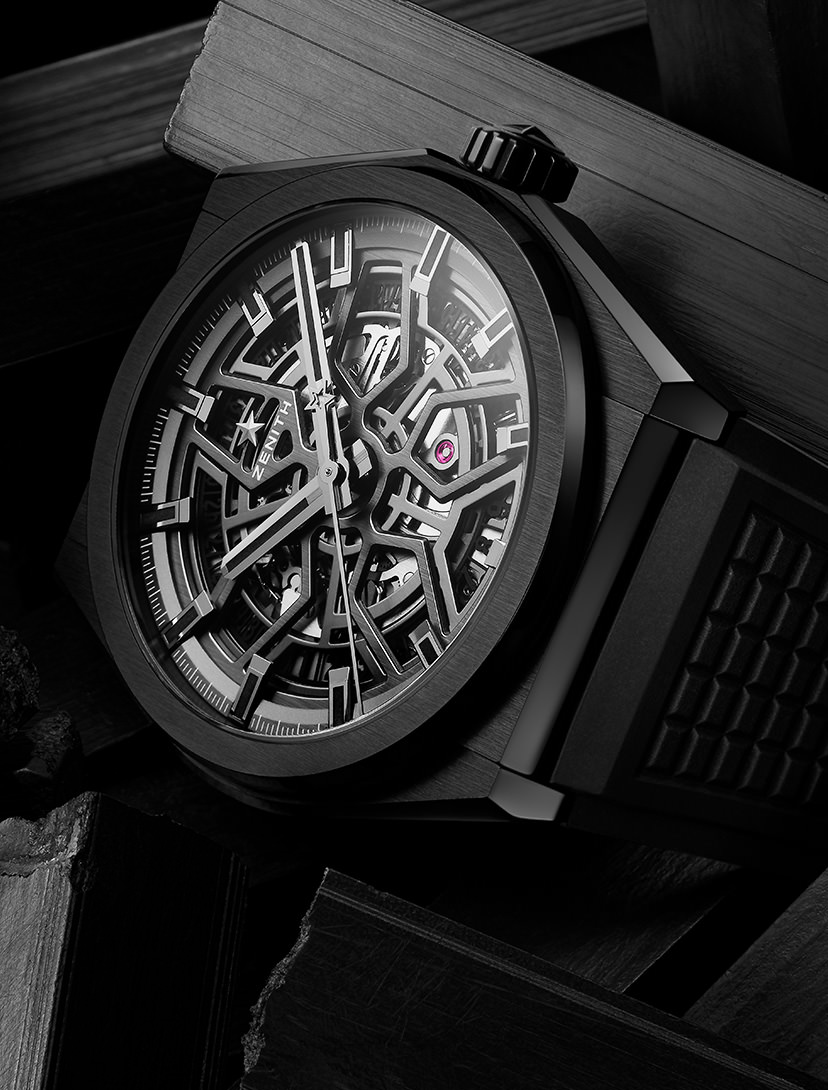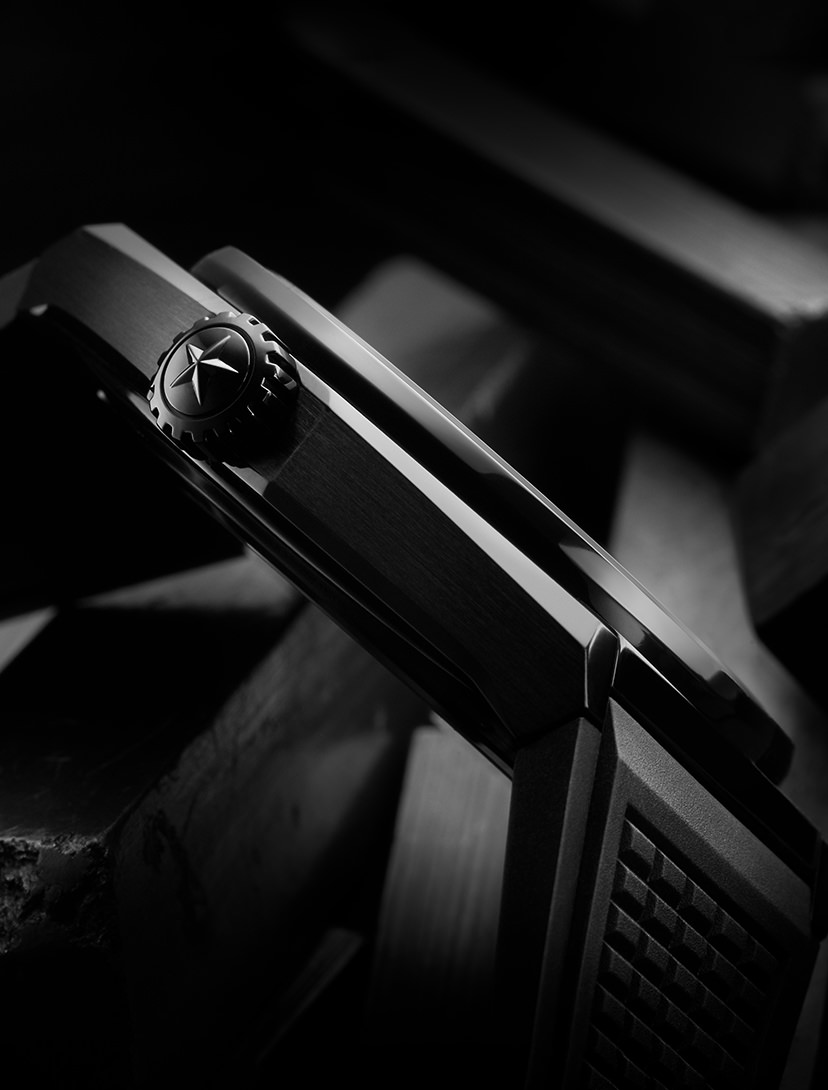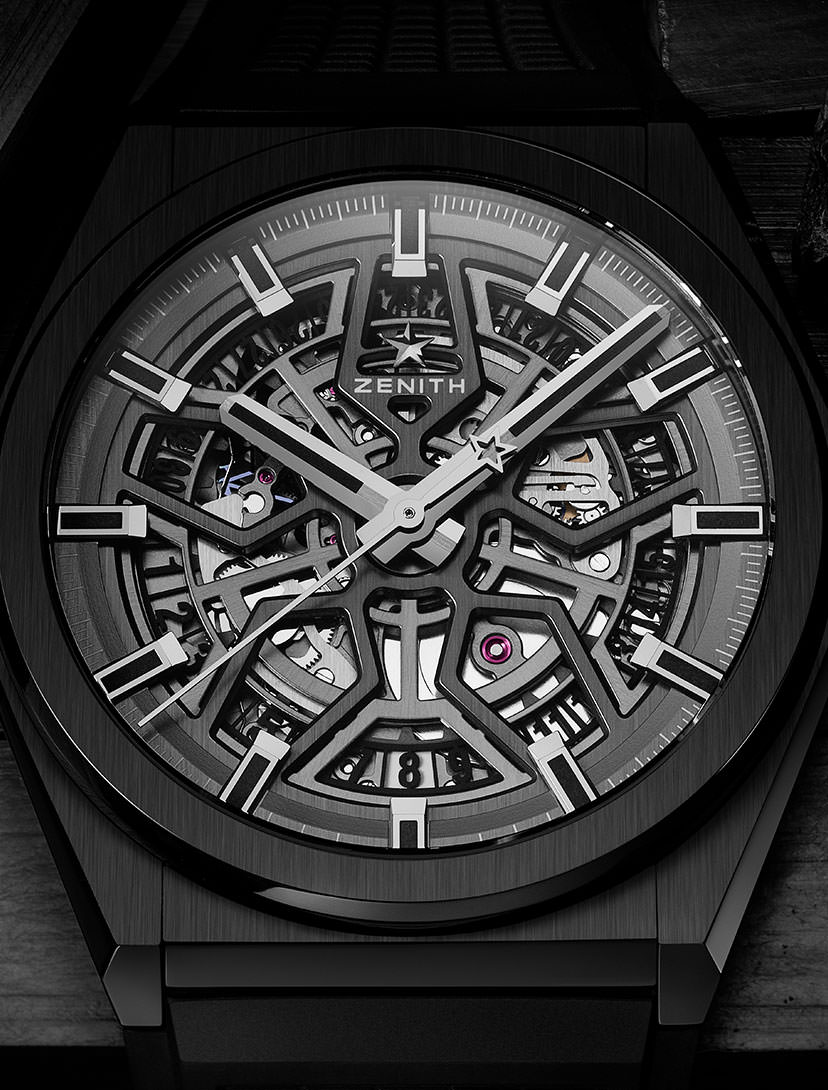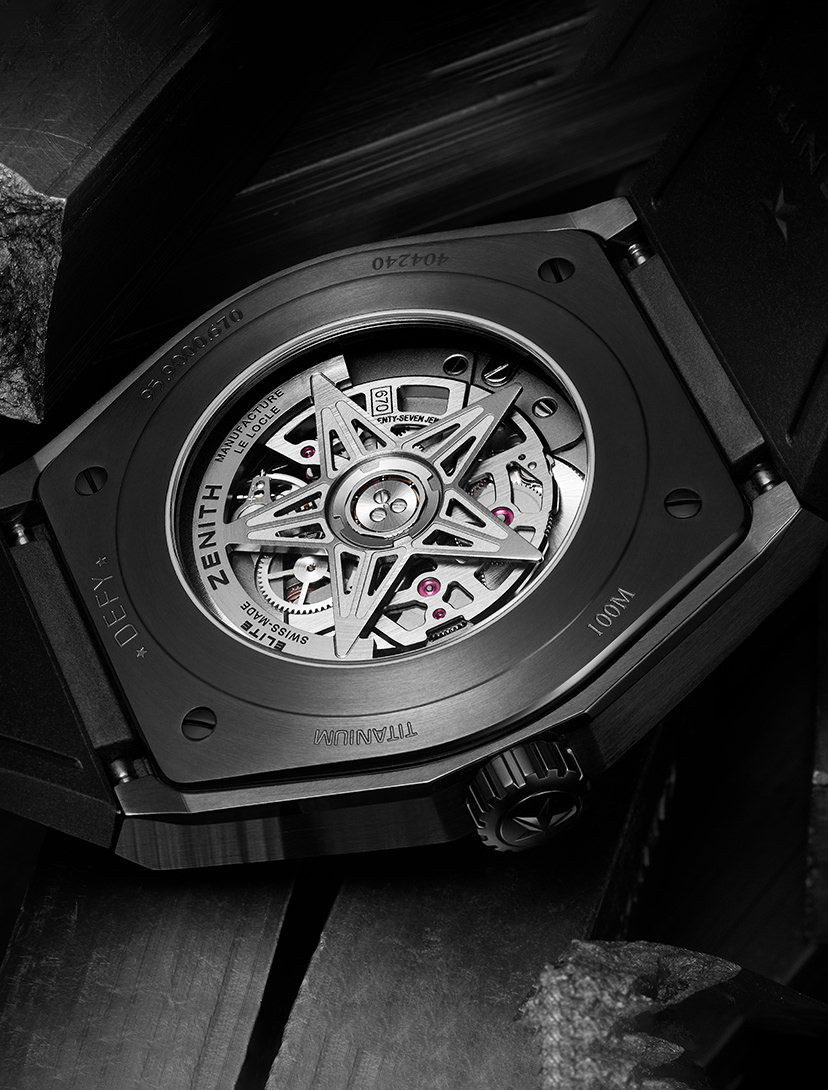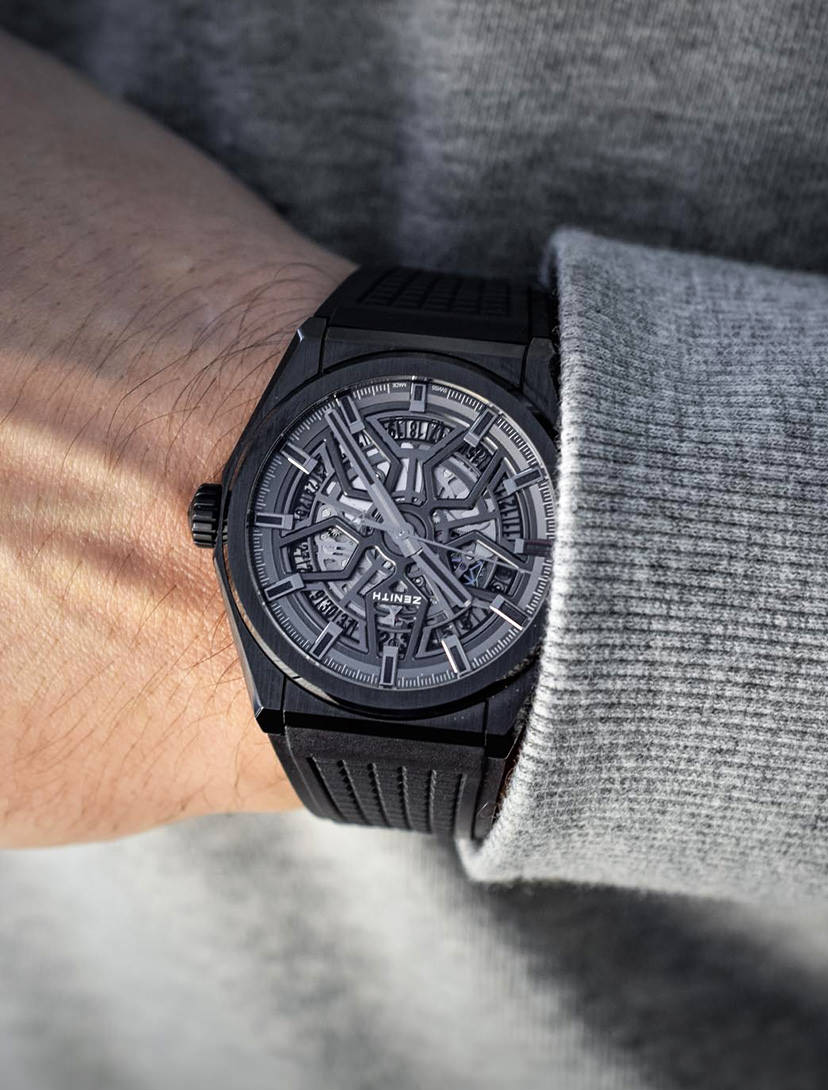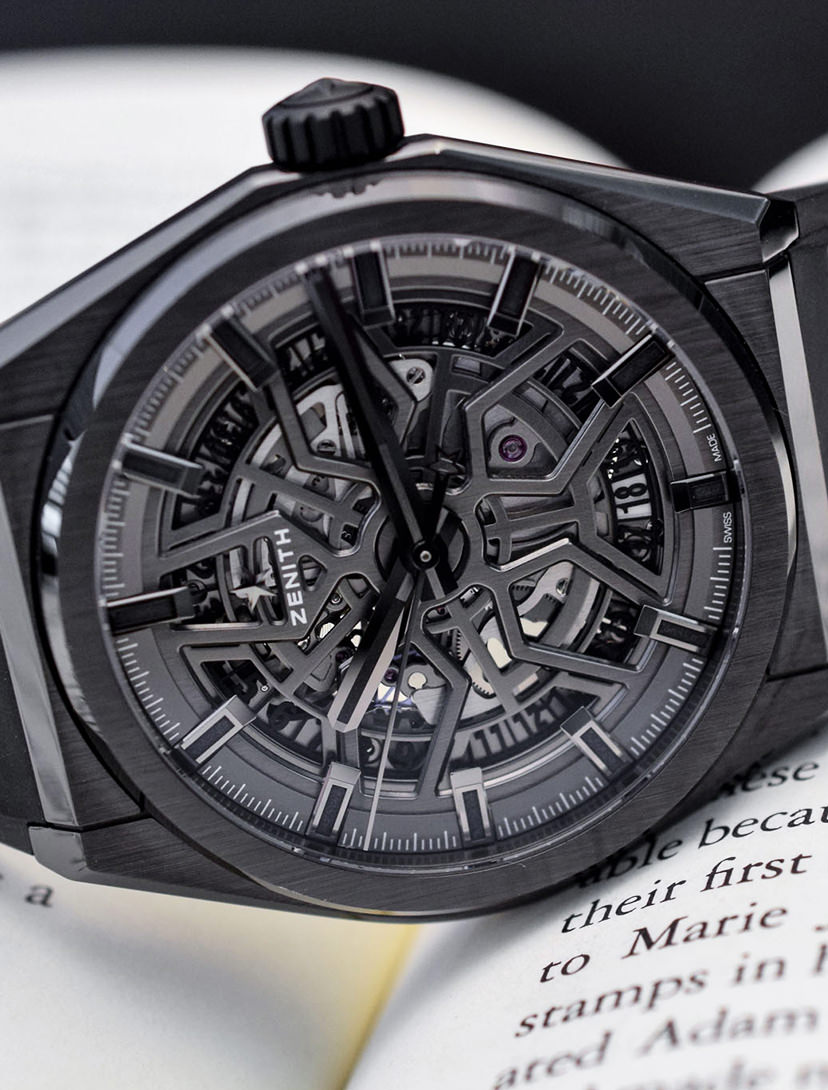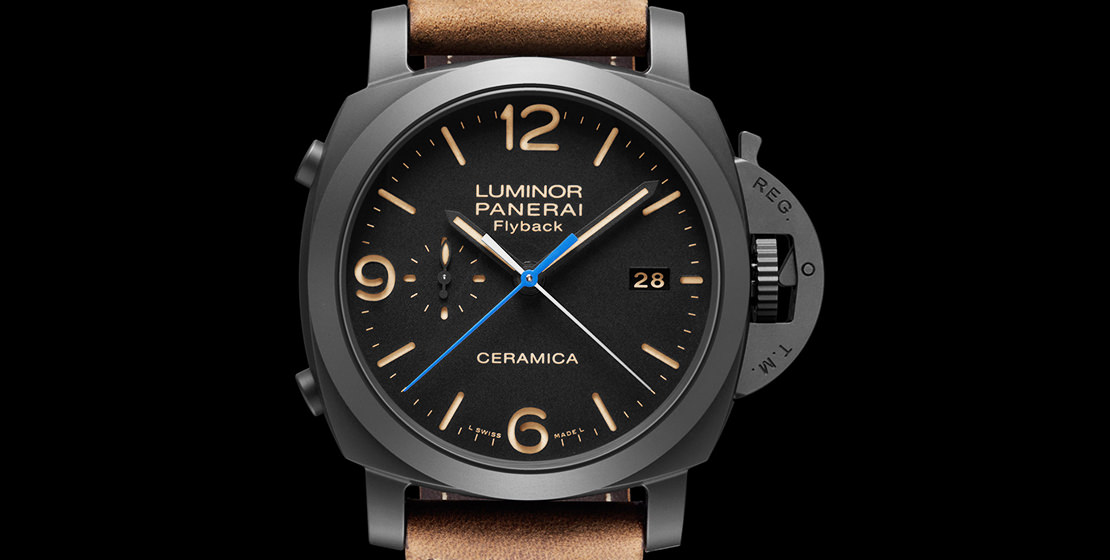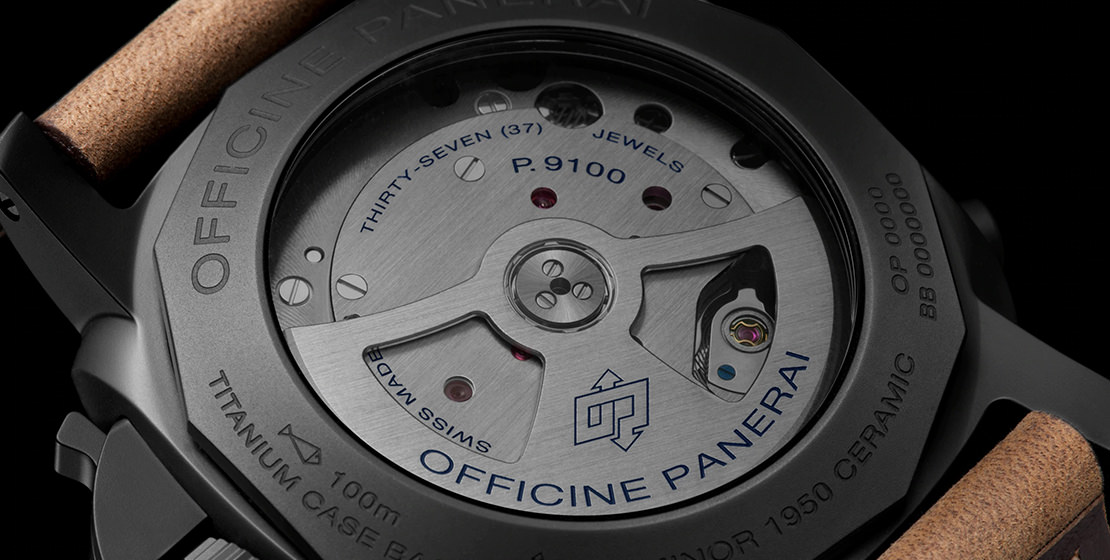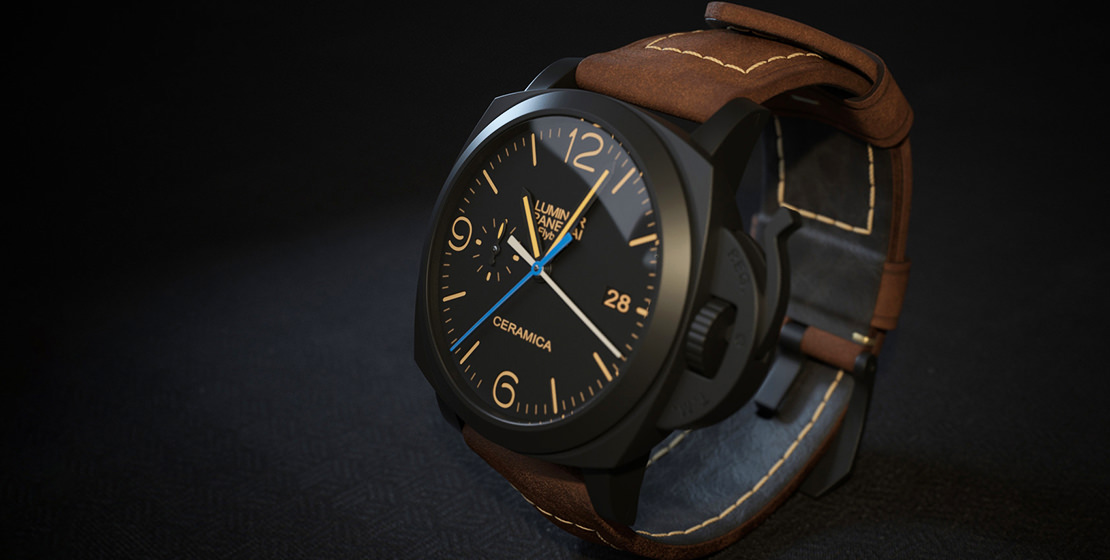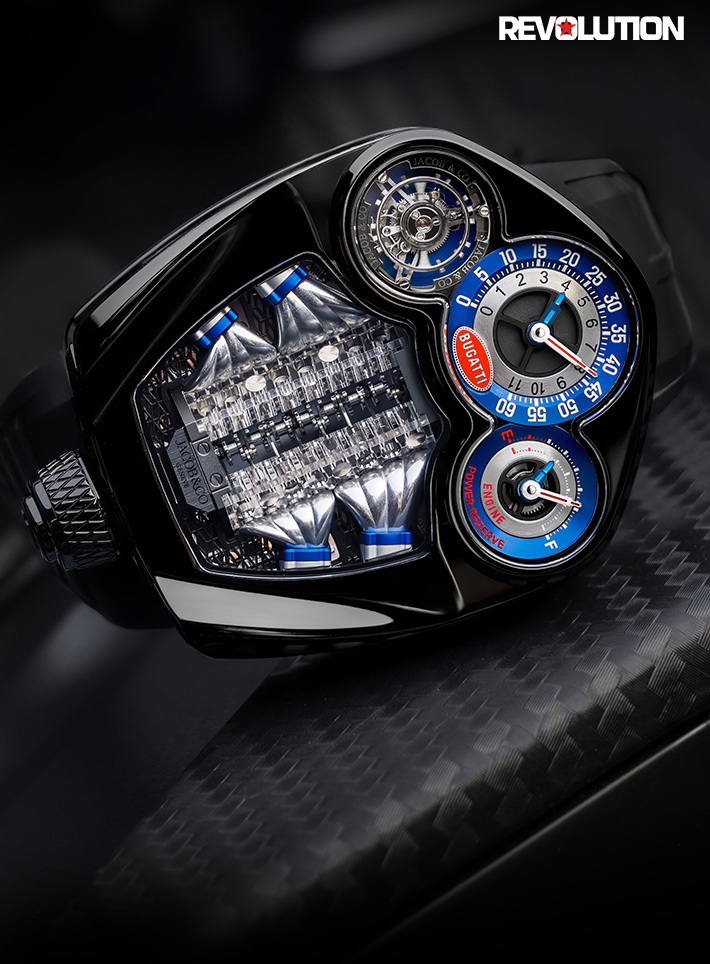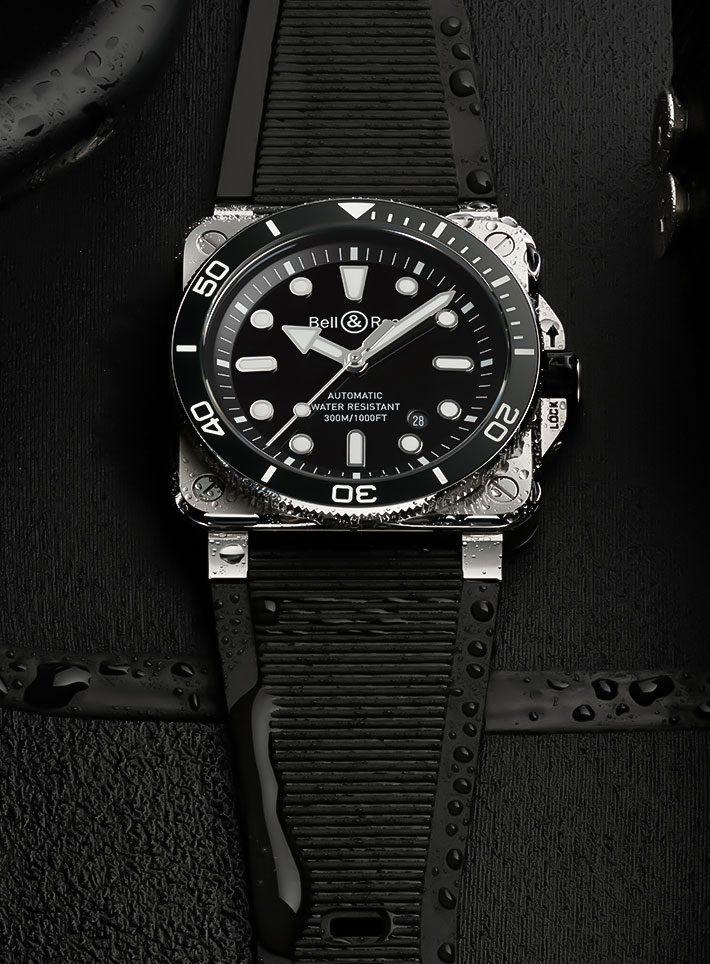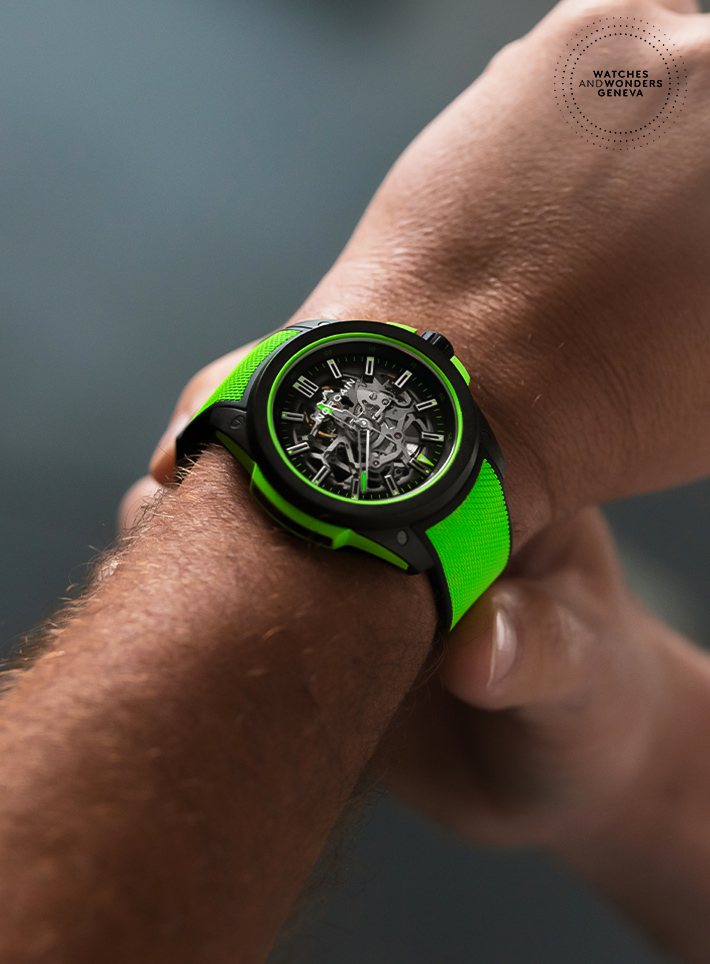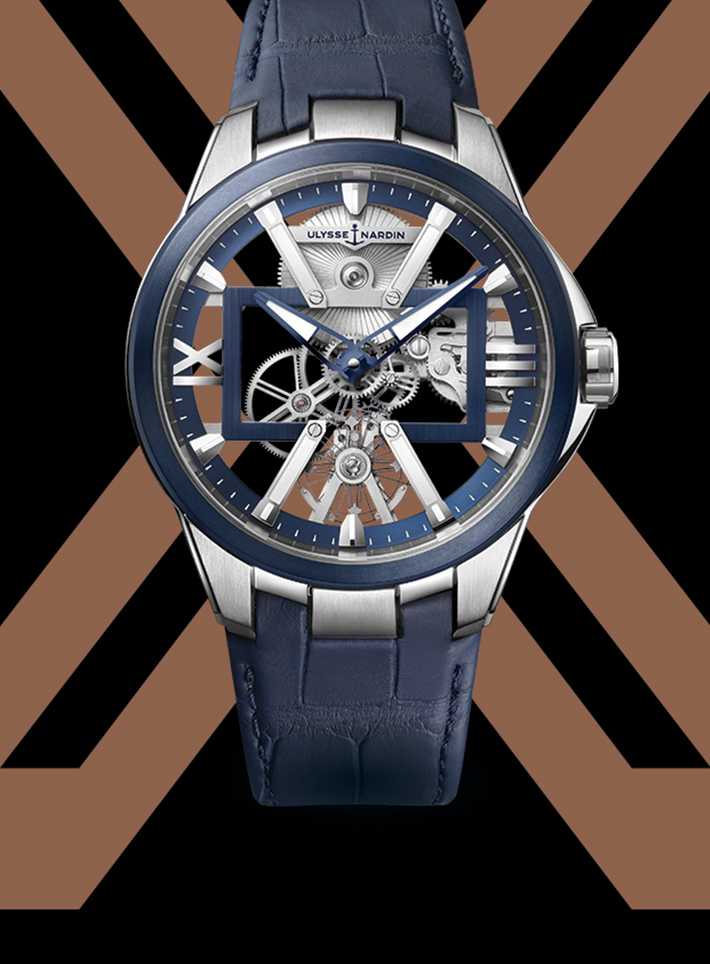Round-UpCelebrating Ceramic: 11 Remarkable Watches In Superior Ceramic
Known for its hardness and resistance against scratches, ceramic becomes more of a mainstream material in watchmaking every year. Take a look at 11 fine ceramic watches that present the versatility of this resilient material
May We Recommend
There was a time when ceramic in watchmaking was a trend that would come and go, with only a handful of players presenting a ceramic watch with every collection. Rado has been one of them, as pioneers in the use of ceramic in watchmaking who constantly innovate with this material. However, in recent years, ceramic has become less of a trend and more of an alternative material for watch cases, and sometimes even for bracelet straps and other elements. Advancement in technology and the ability to execute the production of ceramic in varied hues make this a material of choice for many watch manufacturers today when metallic tones aren’t always the instant go-to for the look of a watch. Even with PVD and DLC treatments on metal as an option, ceramic is often preferred owing to not just the intensity of its colour, but also for its resistance to scratches, which is far greater than that of most metals.
Since it was initially used primarily in pottery and crockery, the term ‘ceramic’ comes from the Greek word keramos, which means ‘fired pottery’, and it was first used in the 1850s. Over the years, the development of the material has led to ceramic in watchmaking primarily being a ‘high-tech material, generally made from aluminium and zirconium oxides (polycrystals)’, as defined by the Fondation de la Haute Horlogerie. In the manufacturing process, a mass of the material larger in size than, but roughly in the same shape as the intended object, is sintered at very high temperatures, which hardens and compresses the material. At different stages, the material is shaped using diamond tools—diamond being the hardest substance on the planet—to obtain the desired bevelling, faceting and other details.
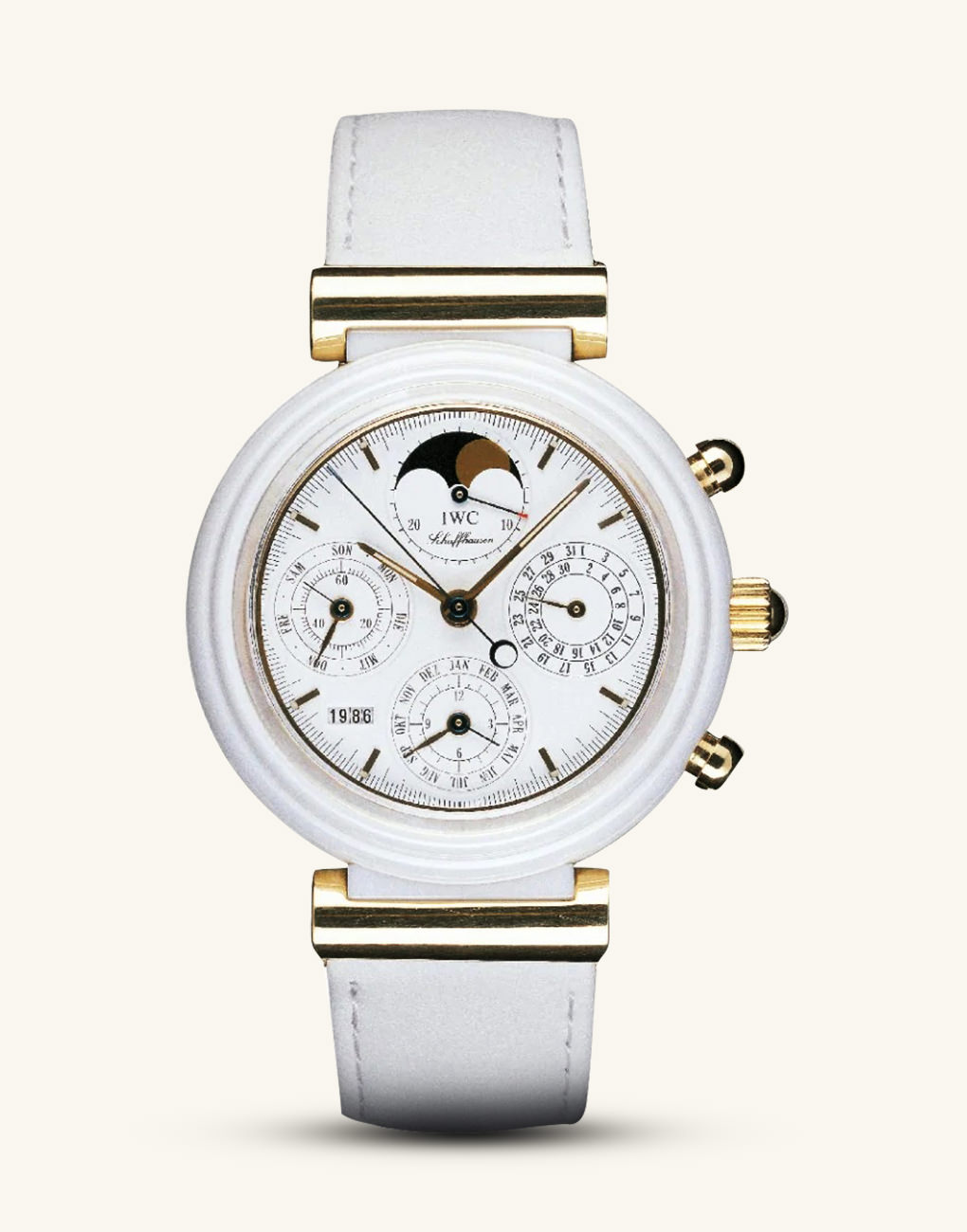
The year 1986 was when the world was introduced to its first ceramic watch—the IWC Da Vinci Perpetual Calendar, reference 3755. The same year, Rado released their Integral, the first-ever watch that had a bracelet made of scratch-resistant, high-tech ceramic. This was part of their quest to innovate with the hardest materials possible. Since then, Rado has been a leader in ceramic, with innovations such as the Rado Ceramica’s use of plasma high-tech ceramic, which has a metallic glow without using any metal, or the 2011 True Thinline that presented a ceramic case at a baffling thickness of just 5mm. Other watch manufacturers have also made great strides though, such as Omega with their Seamaster Cermet—crafted from their proprietary ceramic material made of aluminium oxide and tungsten carbide.
Here we take a look at some of these manufacturers’ exceptional contemporary offerings in ceramic.
IWC Pilot’s Watch Automatic Top Gun
Over the last 30-plus years, since they presented the first ceramic watch ever, IWC have had a few novelties in their collections that have made a mark in big ways and small. Their celebrated Pilot’s Watch collection features ceramic editions as well. This Automatic Top Gun watch is one of them. The Top Gun series is named after the US Navy’s Strike Fighter Tactics Instructor programme, which trains the finest US Navy pilots. This all-black Top Gun is crafted from ceramic—41mm in diameter and water resistant to 60m—with a steel caseback that is emblazoned with the Top Gun emblem. The black dial features luminescence on the hands as well as the oversized Arabic numeral markers, which are in keeping with design codes of aviation watches, along with the large crown. This handsome piece is powered by the IWC calibre 32110, which offers a significant power reserve of 72 hours.
Omega Speedmaster ‘Dark Side Of The Moon’ Chronograph Team Alinghi
Taking forward the Omega Speedmaster’s legacy of having been the only watch worn on the moon, the Moonwatch series has given us some exemplary pieces over the years, and in ceramic even, as seen in this ‘Dark Side Of The Moon’ Team Alinghi edition. It is a special edition marking Omega’s partnership with the Alinghi yacht-racing team of the Nautical Society of Geneva. The Alinghi team emblem is seen on the sub-dial at six o’clock, in their very specific red. This is on an anodised aluminium disc that replaces the conventional hand of the sub-dial. Accents of the same red are scattered across other parts of the watch, including the perorated rubber strap. Set in a 44.25mm black ceramic case is the dial featuring a carbon-fibre pattern—inspired by the hull of the Alinghi TF35 catamaran. The manual-winding chronograph calibre beating within—Omega’s 1865—can be seen through the caseback that includes elements of the carbon-fibre pattern that’s on the dial side. The ceramic case is water resistant to 50m and comes fitted with a black leather strap with perforation revealing yellow accents, which complement those seen on the dial.
Longines Hydroconquest
Another brand from the Swatch Group stable—like Omega and Rado—Longines presented an all-black ceramic Hydroconquest in 2019, which gained critical acclaim and even got shortlisted or ‘nominated’ for a GPHG (Grand Prix d’Horlogerie de Genève), in the diver’s watches category. This 43mm novelty in ceramic displays its composition—ZrO2 (zirconium oxide)—on its black dial that has Super-LumiNova-coated markers and hands that improve legibility. The durable, high-tech, scratch-resistant ceramic features polishing on the case and satin finishing on the unidirectional diver’s bezel. Water resistant to 300m, the case is fitted with an automatic movement developed exclusively for Longines. The black rubber strap offers precise size adjustment.
Zenith Defy El Primero 21
Here is a handsome, black ceramic version of Zenith’s El Primero 21, which brought their legendary chronograph calibre series into the 21st century. The Defy El Primero can measure durations precisely up to 1/100th of a second. It is a descendant of the first El Primero movement, which was the world’s first ever integrated automatic chronograph calibre. This one is just the most advanced and fascinating from a long line of exceptional movements. When you start the chronograph, the central chronograph hand moves to complete one rotation per second, and you can read the 1/100th of a second on the scale that’s on the periphery of the dial. The 60-second and 30-minute chronograph counters can be seen at six and three o’clock respectively, while the small seconds can be seen at nine, and a power reserve indicator—exclusively for the chronograph function—at 12 o’clock. The high-functioning automatic calibre offers a respectable 50-hour power reserve, despite featuring a separate escapement for the chronograph feature, which runs at an astounding frequency of 3,60,000vph or 50Hz. You can see the movement at work through the skeletonised display. All of this comes housed in a 44mm black ceramic case, affixed to which is a strap in textured rubber, or leather lined with rubber for comfort.
Omega Seamaster Planet Ocean 600M Master Chronometer GMT ‘Deep Black’ And ‘ENTZ’ Editions
With striking splashes of colour to offset the back ceramic, this here is the vibrant and sporty Omega Planet Ocean. Primarily in black, with red accents, this one is set in a 45.5mm case, which is water resistant to an abundant 600m and affixed with a rubber strap. The movement inside is the self-winding Omega calibre 8906, with a co-axial escapement, offering a 60-hour power reserve. The certified Master Chronometer is equipped with a GMT feature, indicated via the fourth hand in red, pointing to the 24-hour secondary time zone scale on the flange. Surrounding this is the unidirectional diver’s bezel in blue Liquidmetal, with the first 15 minutes of the 60-minute scale in rubber and ceramic. Rubber is also seen on the markings on the crown, and on the helium escape valve at three and 10 o’clock on the case respectively. The ‘ETNZ’ edition—also a ‘Deep Black’—is a special edition for the ‘Emirates Team New Zealand’, which also features a few blue accents. While the plain ‘Deep Black’ has an exhibition caseback, the ETNZ’s caseback has a logo of the yachting team that it celebrates. In keeping with the nature of the association, the different feature on this piece is the marking of a regatta timer on the rotating bezel.
Hublot Classic Fusion Black Magic
Hublot pride themselves with upholding and celebrating the ‘Art of fusion’, which speaks to their innovation with materials in a big way. While they’ve excelled in creating vivid ceramics in red and yellow, this one here is their timeless Black Magic. The treatment of the material is very metallic, with the polished and satin-finished surfaces of the iconic Classic Fusion case, yet the depth of colour that ceramic brings out is unmistakable. Moreover, the scratch-resistance of ceramic should ensure that it retains its refined sheen for years and years to come. The three-hand timekeeping and date feature run on an automatic movement, offering a 42-hour power reserve. The faceted markers and hands of the dial are complemented by the Hublot’s ‘H’-shaped rivets on the bezel, which are also seen on the singular lugs, helping attach the lined rubber strap to the case, which is water resistance to 50m.

Rado True Thinline Les Couleurs Le Corbusier
A true leader in the realm of ceramic watches, the name Rado almost instantly evokes an image of their archetypal ceramic timepieces, from not just one, but across various collections. The True Thinline series, in particular, presents the refinement of the material in all its glory, with a slim form and minimalist look that really highlights the pristine nature of ceramic, in addition to exhibiting Rado’s pioneering mono-bloc case construction. An achievement in coloured ceramics, the True Thinline Les Couleurs Le Corbusier series presents stunning monochromatic pieces that celebrate the Architectural Polychromy colour theory of legendary architect Le Corbusier. In nine hues taken from the palette of 63 colours that evolved from Le Corbusier’s theory, this series ranges from pastel shades to more vivid tones. Developed in partnership with Les Couleurs Suisse—the global licensor of architect Le Corbuiser’s colours—these watches are all limited editions of 999 pieces each. The 39mm ceramic cases house a reliable Swiss quartz movement, and are come with ceramic bracelet straps.
Bulgari Serpenti Spiga
Here we have a true achievement in ceramic bracelet construction. These Swiss-made Spiga editions of the iconic Serpenti watches present the coil bracelet in a wheat stalk pattern, which represents Roman symbolism and hence the brand’s Roman origins. With rose gold elements on the bracelet itself, the oval cases of these watches also have rose gold bezels, encrusted with rows of diamonds—adding to the resplendent nature of these jewellery watches. In a rich chocolate hue that complements rose gold beautifully, or classic black, which you can never go wrong with, the 35mm cases are water resistant to 30m. Behind the clean dials with rose gold-toned markers along with hour and minute hands are reliable quartz movements.
Zenith Defy Classic Ceramic
Back to black, here is a skeletonised stunner, set in a ceramic case with brushed finishing, and with bevelled edges and other details that the Zenith Defy collection’s chiselled cases are known for. This faithful reproduction of the Defy design was the first realisation of Defy in ultra-hard ceramic, enhancing its rugged appearance. The micro-mechanics of the movement and the date disc are visible behind the star-inspired bridges of the dial, which are mirrored on the Zenith star emblem-shaped oscillating mass of automatic movement visible through the transparent caseback. This Elite 670 SK calibre can store a power reserve of up to 50 hours. The 41mm case is water resistant to 100m and is affixed with a textured, black rubber strap, which comes with a double-folding clasp in black DLC-treated titanium.
Panerai Luminor Chrono Flyback ‘Ceramica’
Speaking of rugged appearances, here’s a Luminor flyback chronograph watch constructed from high-tech ceramic made of zirconium oxide (ZrO2), which is extremely hard—five times more than steel—and incredibly resistant to scratches as well as shocks. The 44mm cushion-shaped Luminor case is also water resistant to 100m. Its sophisticated matt finish pairs well with the black sandwich-style dial, which reveals luminous markers in beige through cut-outs, complementing the beige stitching on the brown leather strap. Devoid of chronograph sub-dials, the dial features central chronograph seconds and minute hands in contrasting blue and white, while the pencil-style main timekeeping hands for hours and minutes are more in line with the small seconds at nine o’clock. All these functions, including the date at three o’clock, are powered by an automatic flyback chronograph calibre, the P.9100, which offers a significant power reserve of three days and can be seen through the transparent caseback.
Rado True Square Open Heart
In an injected, monobloc, high-tech ceramic case, this True timepiece from Rado truly showcases the Swiss brand’s savoir faire in ceramics. It is even quite a departure from the True Thinline series seen above. Presented in glossy black, this piece reflects Rado’s legacy of having excelled with high-tech materials even before the technology for such materials was widely used. Sized at 38mm by 44.2mm, the case houses the C07 automatic calibre, which offers a power reserve of up to 80 hours. Decorated with perlage finishing and Geneva stripes, the movement is exhibited through the skeletonised display, and is also visible through the sapphire crystal window of the caseback, which is otherwise in black, PVD-treated titanium. Water-resistant to 50m, the case comes affixed to a bracelet strap—also made from glossy black, high-tech ceramic, and with a titanium, three-fold clasp.
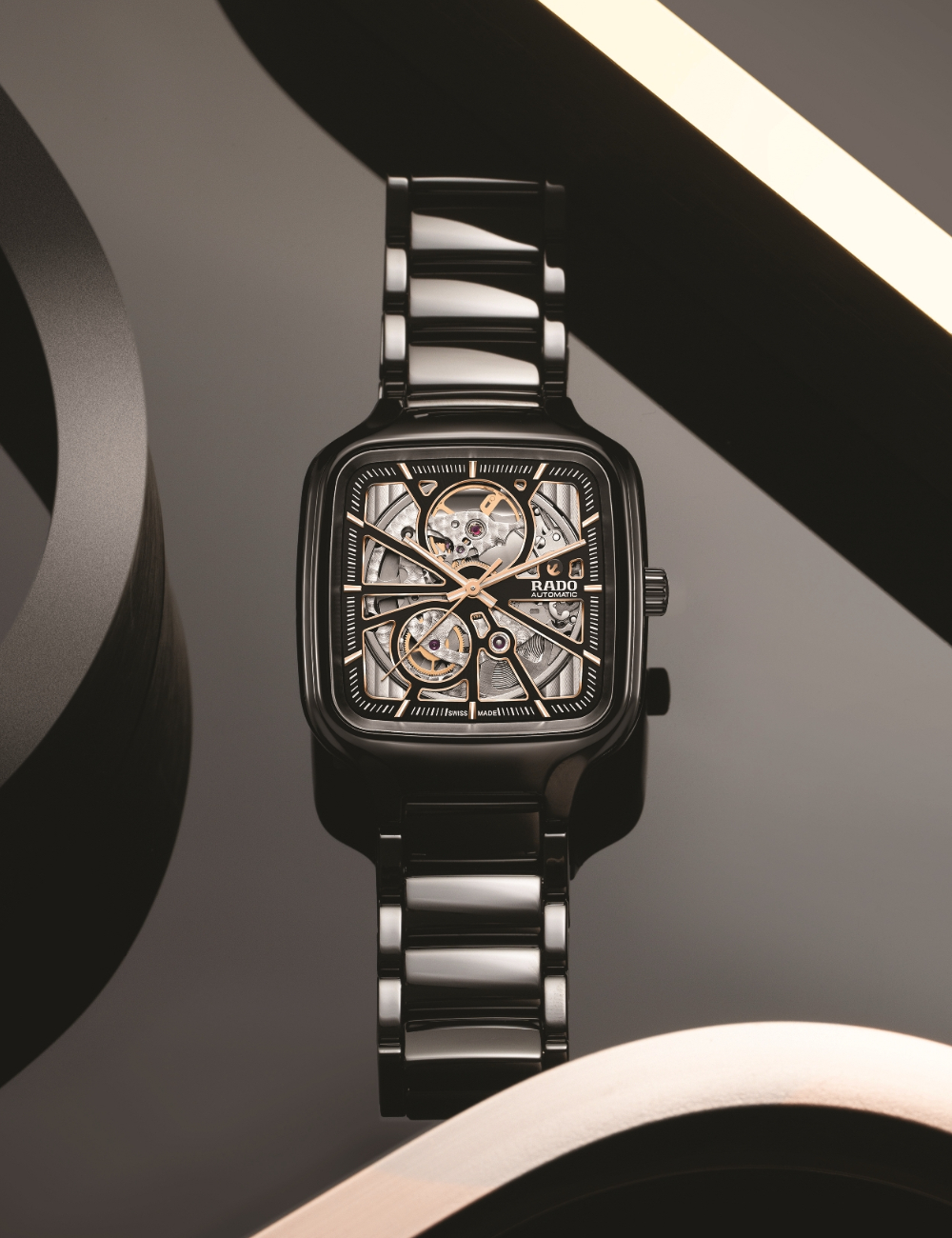
High-tech, resilient, hard, scratch-resistant, yet lightweight, ceramic is certainly a great material of choice for a watch. It’s also worth mentioning that ceramic can lend any timepiece a rich and vibrant look. The only disadvantage that this dense material has is that on impact, it’s more likely to shatter or chip than get dented. Yet, your wristwatch is less likely to take a fall than your fancy smartphone is, given that it spends all its time either fastened to your wrist or in your wardrobe or dresser. So we’d definitely recommend ceramic anyway, for all its outweighing benefits, and because of how splendid it looks!
